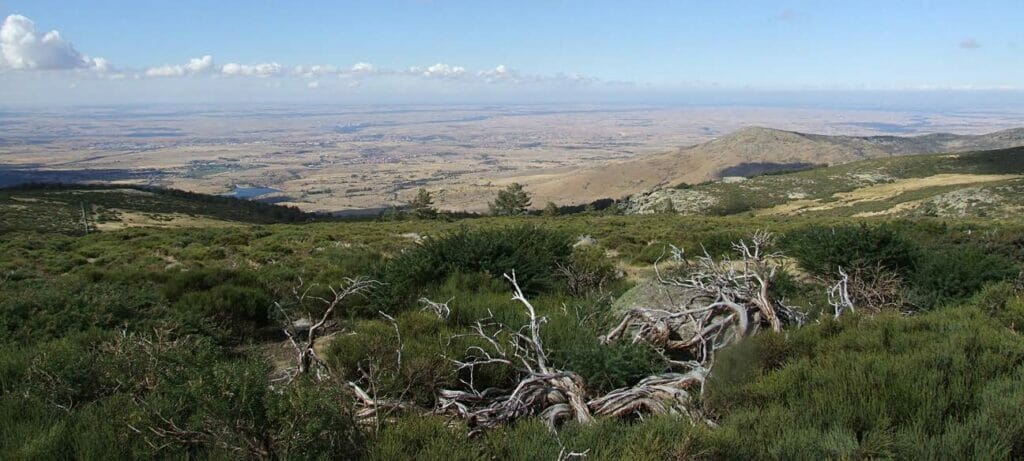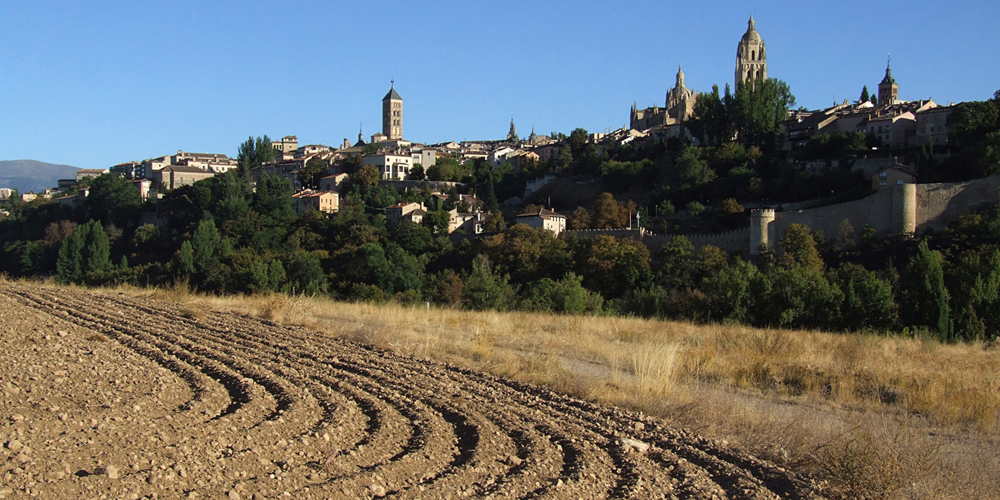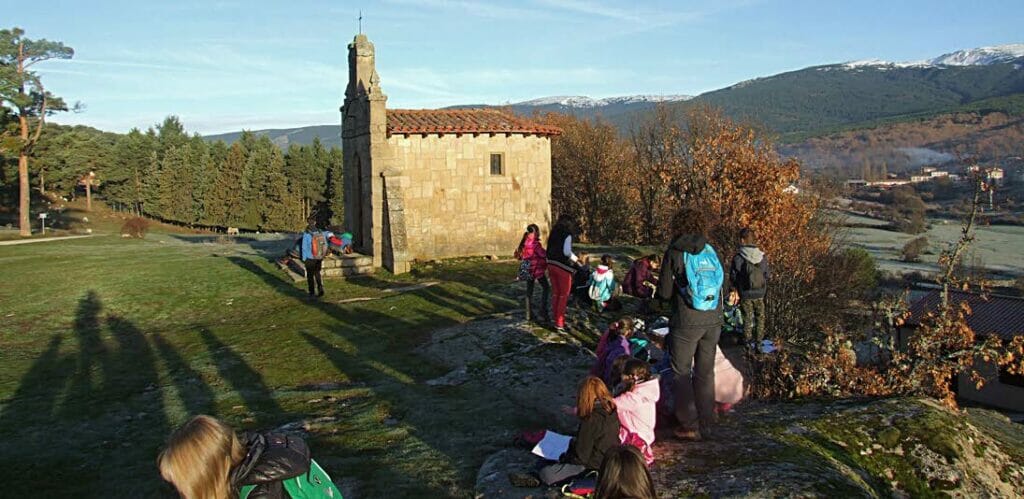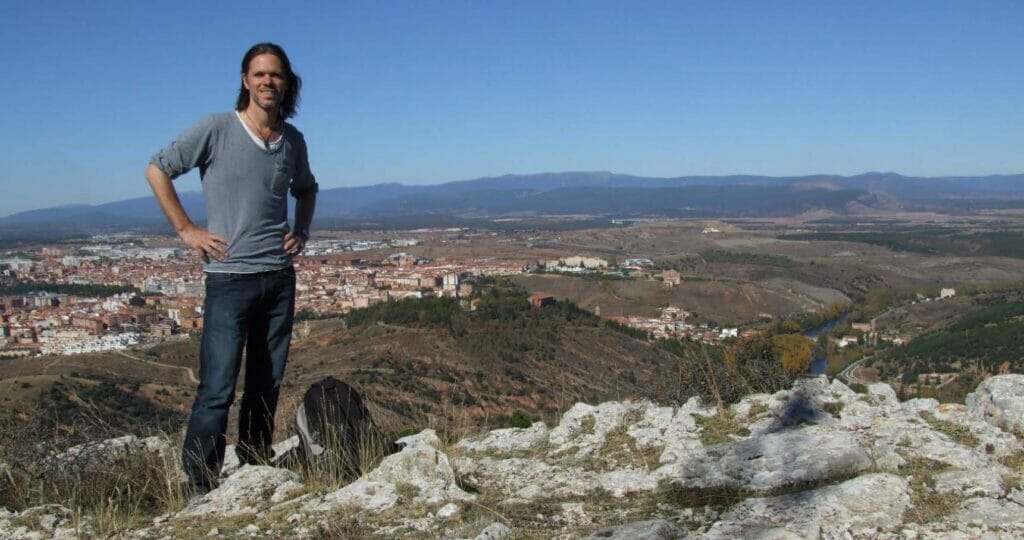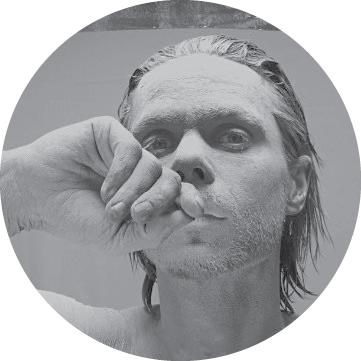After a year that no one could have predicted, many of us were eagerly anticipating the dawn of 2021. The New Year kicked off with some unexpected obstacles here in the USA including a post-holiday spike in COVID cases that prompted shutdowns across major cities. New York went into almost-hibernation, with schools requiring students to Zoom in for classes and restaurants closing all indoor dining, leaving customers the options of sub-zero outdoor seating or takeout. California hit its highest peak in COVID cases and Los Angeles issued a blanket shelter-in-place order for the city.
Civil unrest gripped the nation in early January. Operations in Washington DC ground to a halt and the subsequent storming of the US Capitol in Washington DC had the country on edge. Although this raised questions among the diplomatic community around the upcoming Presidential transition, Joseph R Biden was peacefully inaugurated as the 46th President of the United States on Wednesday 20th January.
Many saw the inauguration as a fresh start. Biden’s first day in office saw many significant executive orders being issued on topics ranging from COVID-19 to the environment. Signals of easing immigration policy bode well for Kiwis looking to work abroad in NAM. We have already seen new faces in the NAM network thanks to intra-company transfers and we are thrilled to see the network grow. This not only strengthens ties to Aotearoa, but also provides the much-needed ‘boots on the ground’ to further the efforts of Kiwis supporting one another overseas.
Additionally, remote work continues to offer both opportunities and challenges in the region. Our San Francisco Trade Commissioner, Ruth McCleod, summarises it perfectly: “The remote working environment has leveled the playing field. There is no longer an expectation for in-person meetings. Every organisation has turned its attention to ramping up its digital marketing and lead generation activities, creating greater noise in the marketplace, and making getting the attention of potential customers possibly harder than ever. Customers that want to cut through the need to be extremely targeted, based on an in-depth understanding of their ideal customer persona, and consider how their solution provides either a cost-saving or boosts revenue, two business drivers that are front and center in the US.”
This is sage advice for our NZ companies looking at 2021 through the lens of COVID-19 restrictions. The newfound working situation means that people are open to taking cyber meetings no matter where in the world you are dialing in from. Your target clients may be open to conversations that may not have been possible in pre-COVID times.

 MENU
MENU


